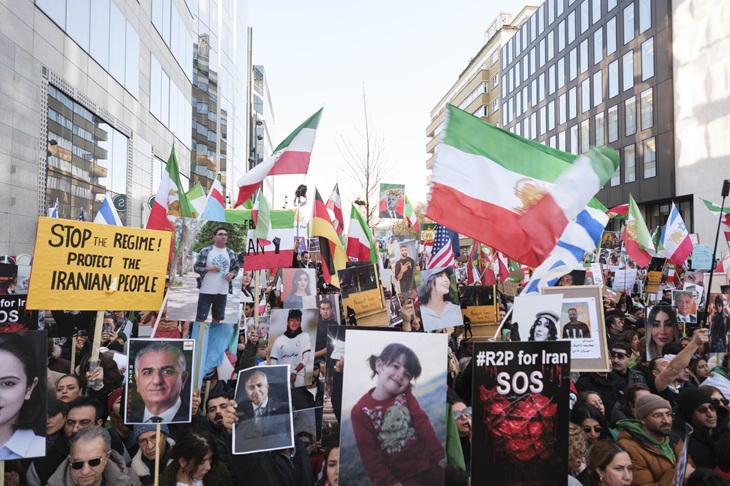
Chinese President Xi Jinping marked a significant moment in global diplomacy during the recent Tianjin Summit 2025, the 25th Heads of State Council meeting of the Shanghai Cooperation Organization (SCO). In his speech, Xi stated that “the world has found itself in a new period of turbulence and transformation… Global governance has come to a new crossroads.” He advocated for the establishment of a new global order through a proposed Global Governance Initiative (GGI), positioning China, with support from Russia, as a leader in this effort.
Xi emphasized that this new order would “unequivocally oppose hegemonism and power politics” while promoting true multilateralism. He asserted that the SCO and China’s Belt and Road Initiative (BRI) would serve as critical mechanisms to achieve these aims. The SCO, currently the largest regional organization globally, covers over 60% of the Eurasian continent and about 40% of the world’s population, representing a substantial portion of nominal global GDP.
While the statistics surrounding the SCO are impressive, it consists of just ten member states, including China, Kazakhstan, Kyrgyzstan, Russia, Tajikistan, Uzbekistan, India, Pakistan, Iran, and Belarus. The organization also has two observer states, Mongolia and Afghanistan, along with 14 dialogue partners, including Turkey and Saudi Arabia.
The strategic focus of China within the SCO has been particularly pronounced in Middle Eastern countries, where it seeks access to vital oil and gas resources to sustain its economic growth. Xi’s initiatives align with a broader ambition to establish economic dominance and geopolitical influence, especially as the U.S. faces challenges in maintaining its global leadership.
At the heart of these ambitions is the desire for a transition to the renminbi in trade, particularly in oil and gas transactions with Arab nations. This initiative gained momentum during a series of meetings in January 2022 involving senior Chinese officials and foreign ministers from the Gulf Cooperation Council (GCC). Discussions centered around finalizing a China-GCC Free Trade Agreement and enhancing strategic cooperation in a region perceived as moving away from U.S. influence.
The urgency of establishing the renminbi as a preferred currency in global trade has become more apparent in light of U.S. sanctions following Russia’s invasion of Ukraine. Zhang Yanling, former executive vice-president of the Bank of China, highlighted that these sanctions could undermine the credibility of the U.S. dollar, suggesting that China should expedite efforts to move away from dollar dominance.
In a notable response, Vladimir Putin remarked that the SCO is revitalizing the concept of multilateralism, advocating for the increased use of national currencies in trade among member countries. He stressed that this shift lays the groundwork for a new system of stability and security in Eurasia.
Xi outlined plans for establishing an SCO development bank, which he described as pivotal to creating an alternative payment system that circumvents the U.S. dollar. As part of this initiative, he announced that China would provide CNY10 billion (US$1.4 billion) in loans to an SCO banking consortium. This move is expected to facilitate seamless payment networks for oil and gas transactions within the SCO framework.
The implications of these developments are profound. By streamlining trade relations with Middle Eastern nations such as Saudi Arabia, UAE, and Qatar, China aims to bolster its economic stability and reduce vulnerabilities related to U.S. sanctions. This shift comes as Russia’s Gazprom signed a memorandum to build the Power of Siberia-2 gas pipeline through Mongolia, further solidifying the collaboration between Russia and China in energy resources.
As China positions itself as a crucial economic partner for Russia amid ongoing geopolitical tensions, it secures energy at competitive prices while simultaneously enhancing its influence in a region traditionally dominated by Western powers. The evolving dynamics within the SCO and China’s ambitious initiatives signal a notable shift in the global balance of power, as leaders like Xi and Putin seek to reshape international relations based on their vision of a multipolar world.
As these developments unfold, the broader implications for global governance and economic structures remain to be seen, but the call for a new order initiated by Xi at the Tianjin Summit clearly marks a critical juncture in international relations.







